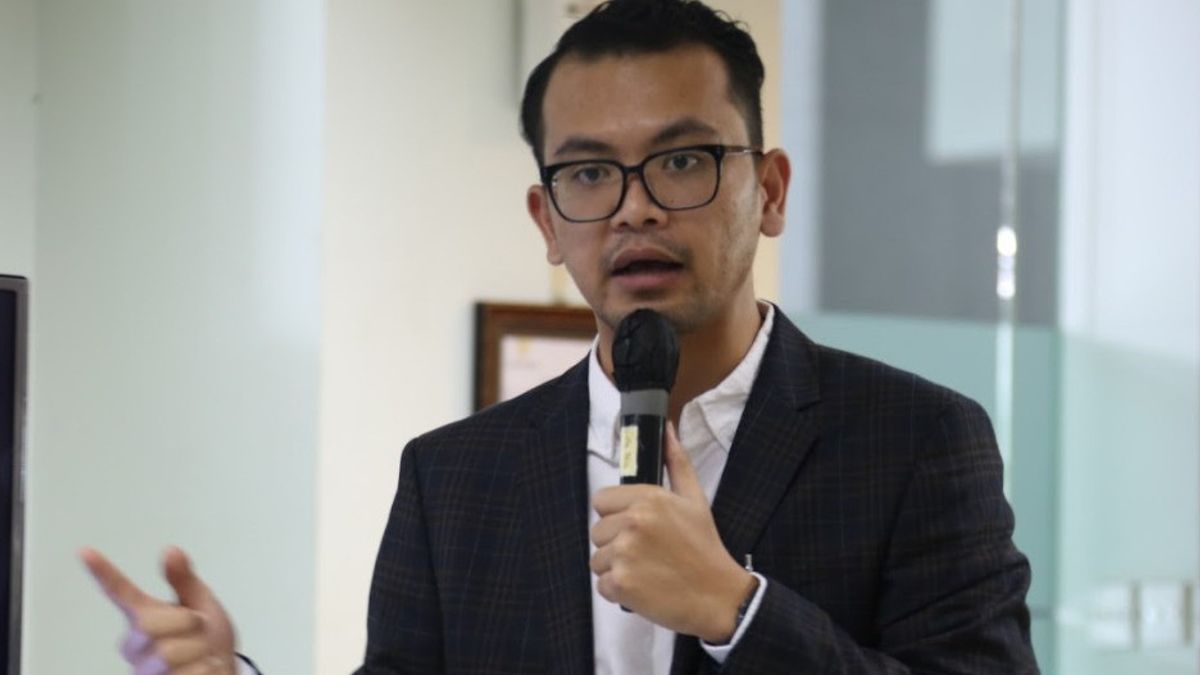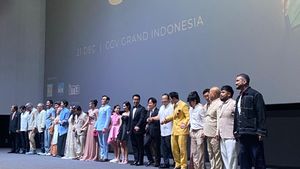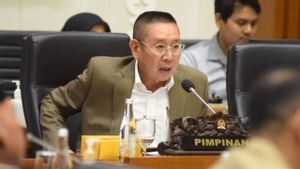The Judicial Commission (KY) recognizes the limited competence and integrity of candidates for ad hoc judges at the Supreme Court of Human Rights (HAM). KY emphasized that this was so that the public would position this case in a balanced manner.
Juru Bicara Komisi Yudisial Miko Ginting menuturkan, KY menerima masukan dari organisasi masyarakat sipil terkait dengan seleksi dan calon hakim adhoc HAM di MA yang telah diajukan ke DPR.
"In principle, fellow civil society organizations criticize the understanding and competence of brokers," Miko said in his statement, Monday, February 6.
He said, KY had the same view that the selection of prospective human rights ad hoc judges in the Supreme Court was not in an ideal condition. Especially because the registrants are limited even though the selection has been carried out as much as possible.
If you look back, continued Miko, initially only 4 candidates registered, then KY opened an extension and got 15 registrants. After the administrative selection, only 13 registrants passed and of the 13 registrants there were 3 candidates who resigned. Of the 10 candidates, at the quality selection stage, only 6 candidates were declared to have passed the next stage, namely the selection of health, personality, and track record tracing.
"Furthermore, only 5 candidates have passed the interview stage," he explained.
Meanwhile, on the other hand, KY is limited by the period of the selection according to the law, which is a maximum of 6 months. Moreover, the cassation submission has been made by the Prosecutor's Office against the decision at the first level of the Paniai case where the Defendant was decided to be free from prosecution.
"Therefore, in order to ensure legal certainty and justice for victims, there is no choice but to provide judges at the Kasasi level through selection by KY," said Miko.
KY in this selection continues to apply the mechanism and standard selection as determined by the selection of candidates for Supreme Court justices, especially in the aspect of integrity.
For this reason, criticism of this candidate must be restricted in the framework of a bigger problem, namely the lack of availability of candidates, especially candidates who are competent and with integrity. One thing that is suspected to be the cause is the requirement in the law regarding the minimum age of candidates, which is 50 years.
"This age limit causes potential candidates but has not yet reached the age limit, they cannot register," he said.
Another more structural issue is the uncertainty of the case to be handled. Until now, only one case, namely the Paniai case, was examined by the court. Even then, only one defendant was finally acquitted in the first instance court.
In fact, he continued, while serving as an adhoc human rights judge at the Supreme Court, the candidate concerned could not or was very limited to carrying out other professions.
Furthermore, another issue that often arises from candidates is the matter of incentives. Until now, KY has not received any information regarding presidential regulations regarding incentives and facilities for adhoc HAM judges in the Supreme Court.
"The three main problems above are structural issues contained in the regulation and process of law enforcement factually," explained Miko.
KY is of the view that even if the selection is repeated, which thus KY also violates the law because the selection deadline is a maximum of 6 months, is there a guarantee that there will be potential candidates according to the expectations that civil society organizations will be obtained?
"With various problems that cause the lack of candidates to temporarily register for cases that have been submitted to the cassation level, KY must decide to choose the best candidate from the existing one. If this is not the case, then certainty and justice for victims will be delayed," concluded Miko.
The English, Chinese, Japanese, Arabic, and French versions are automatically generated by the AI. So there may still be inaccuracies in translating, please always see Indonesian as our main language. (system supported by DigitalSiber.id)













